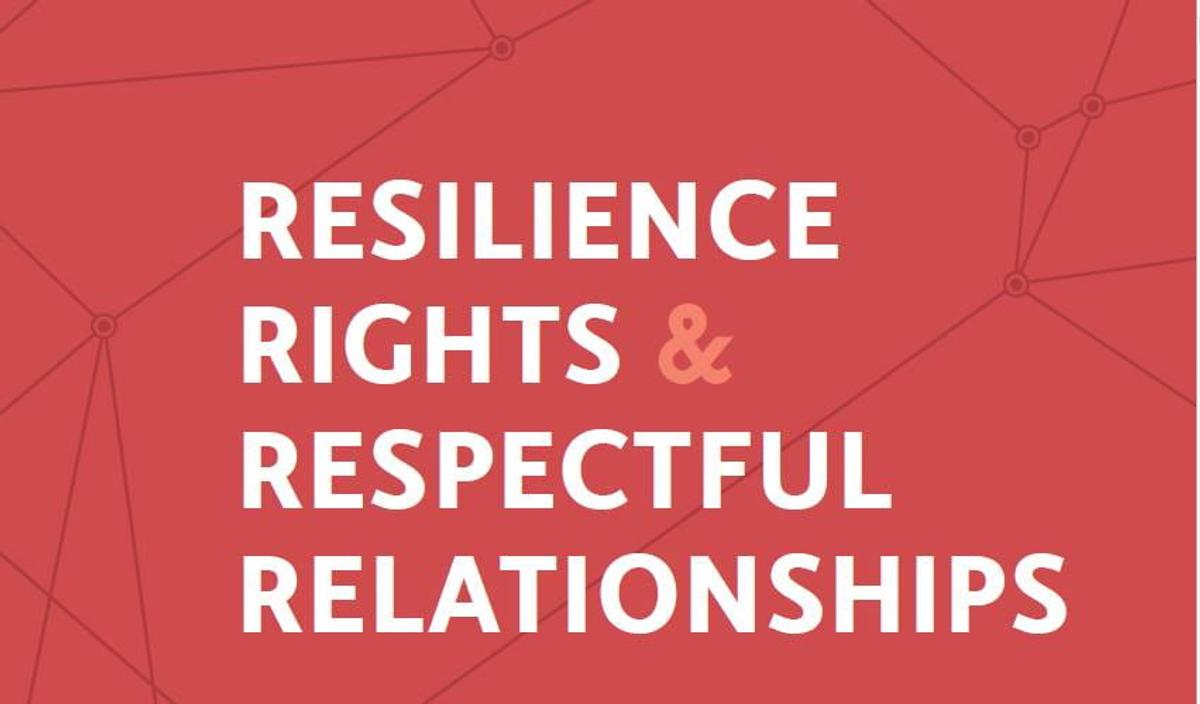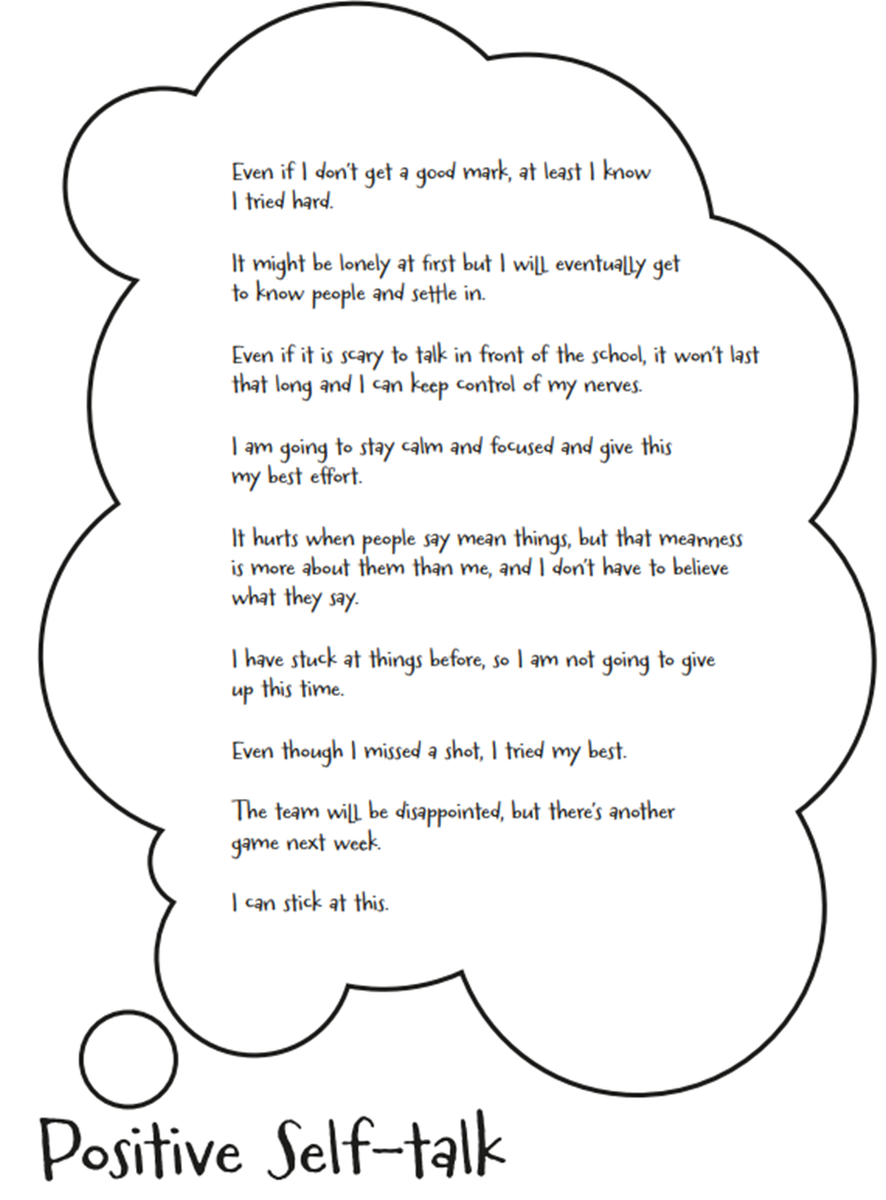Student Engagement & Wellbeing News

Student Engagement & Wellbeing updates
The first topic taught in Term 2 will be Positive Coping, where students will be introduced to the concept of positive self-talk.
As children grow and develop, they will encounter situations where they feel worried, nervous and sometimes even scared. Children deal with demands by drawing on a range of coping strategies, however, some strategies are more productive than others. Helping children to learn a range of positive coping skills allows them to develop and practise those skills and enables them to cope with future changes and challenges.
Positive self-talk is a key strategy for coping with negative thoughts, emotions and events. ‘Self-talk’ refers to the conversations that we have with ourselves in our heads, and it makes a big difference to how we cope with challenges that come our way.
How can you discuss this with your child?
Early Years: “We can sing a little chant to ourselves to help us to try something new, or to try hard to keep going when things are hard. I will sing a line and then you echo me. “I think I can, I think I can, I try and try, I try and try, I did it!”
Upper Years: “When you were little, you probably did quite a bit of thinking aloud, or talking aloud to yourself. As you have gotten older, this ‘talk’ is mostly done inside your head, rather than out loud. It is part of our thinking. Our self-talk can help or hinder the way we deal with situations. If we tell ourselves negative things, it can make it hard to keep going when things go wrong. Using positive self-talk can help us get through challenging times and to maintain our determination and effort”.
Some examples of positive self-talk are listed. These may be useful to discuss with your child to support their understanding and development of positive self-talk.
If you have any questions about our Respectful Relationships program, please feel free to discuss with the classroom teacher, or myself, Elisha.
Elisha Katsonis
Assistant Principal


